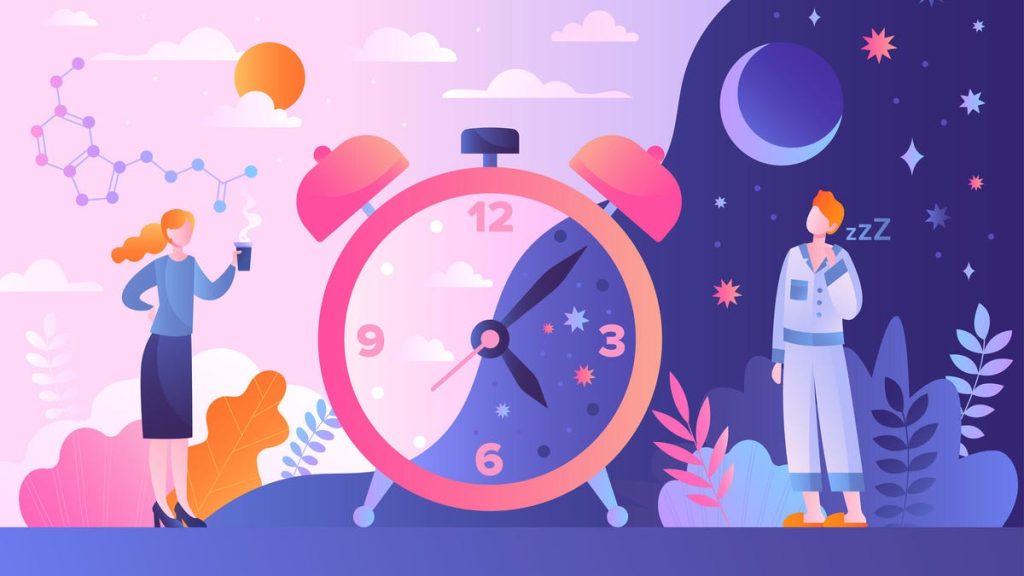Science says it’s okay to take an afternoon nap without feeling guilty. It may be beneficial to split your sleep into different cycles, especially if you experience a 3 p.m. slump. There are various sleep cycles to consider, some resulting in as little as 2 to 4 hours of sleep per day. However, before drastically changing your schedule, it’s essential to understand the potential downsides of reducing your sleep. The standard sleep cycle involves one long slumber, known as the monophasic sleep cycle, allowing the body to go through all sleep stages, including REM.
In modern times, monophasic sleep is the most common cycle, aligning with the body’s circadian rhythm and allowing for the recommended 7 to 9 hours of sleep. This cycle involves four stages of sleep each night, with Stage 3 being crucial for bodily repair, muscle growth, and memory consolidation. Alternative sleep cycles, like biphasic sleep, involve breaking up sleep into two parts, such as a longer night sleep followed by a short nap during the day. While this may offer cognitive benefits and accommodate specific schedules, insufficient total sleep could lead to negative outcomes for some individuals.
The Everyman cycle involves 3 hours of rest at night and three 20-minute naps throughout the day, totaling 4 hours of sleep daily. This cycle may work for “short sleepers” who naturally function well on less than 6 hours of sleep per night. The Dymaxion cycle, created by Richard Buckminster Fuller, only allows for 2 hours of sleep per day, involving 30-minute naps every 6 hours. The Uberman cycle, similar to Dymaxion, consists of six 20-minute naps per day. However, these cycles may not provide enough REM or deep sleep and could lead to further insomnia for some individuals.
A literature review from 2022 found no provable benefits to polyphasic sleep cycles and suggested there may be serious risks related to mental health, physical health, and cognitive performance due to sleep deprivation. However, there are nuanced considerations, such as higher sleep drive from partial sleep deprivation reducing insomnia and increasing deep sleep. While controlled sleep deprivation has been explored as a treatment for depression, consistent and ongoing sleep deprivation could have detrimental effects on overall health and daily functioning. It’s essential to consider the potential drawbacks of biphasic and polyphasic sleep cycles before adopting them.


